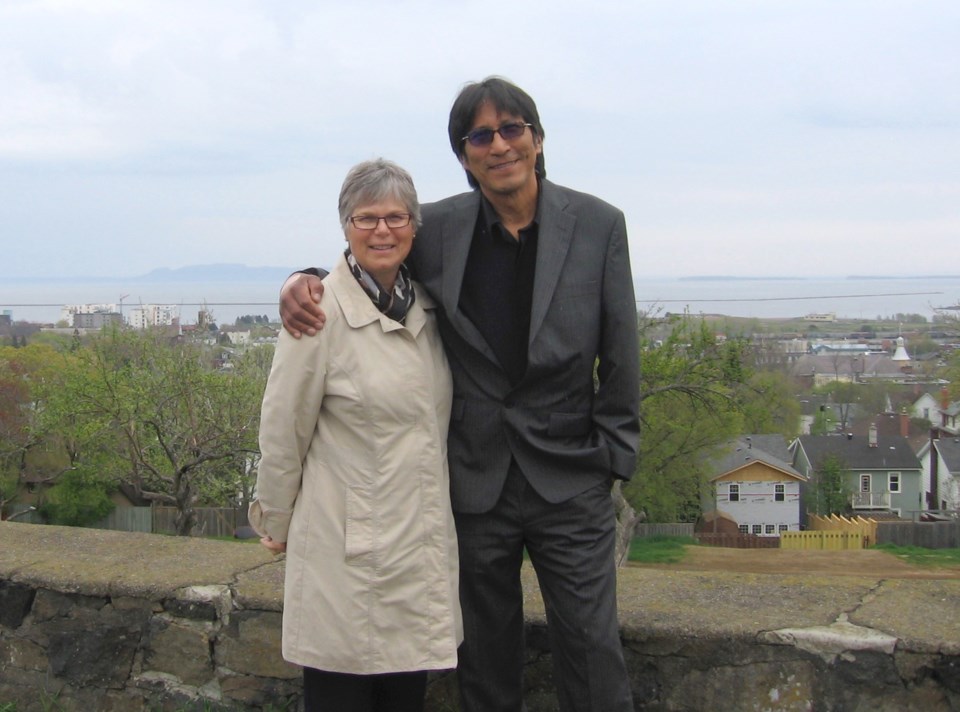THUNDER BAY - The literary community across the country continues to mourn the loss of Richard Wagamese, one of Canada’s great storytellers, but local writers and indigenous leaders say his stories will live on as his legacy in the region.
“I’m extremely saddened,” said Jane Crossman, writer and president of the Northwestern Ontario Writer’s Workshop. “He was an absolutely marvelous story teller. And he was a brother of Northwestern Ontario. It’s a tremendous loss for Northwestern Ontario, and it’s a tremendous loss for Canada, and it’s a tremendous loss for the world of storytelling.”
Wagamese passed away on Saturday at the age of 61. The award winning Ojibway author and journalist was from the Wabaseemoong First Nation and recently lived in Kamloops, B.C.
With more than 13 published books, including Keeper’n Me, Dream Wheels, One Native Life, and Medicine Walk, his works received many accolades throughout his long career.
One of his most celebrated novels, Indian Horse, was shortlisted for the Dublin Literary Award and was a finalist on CBC’s Canada Reads in 2013. The novel tells the story of Saul Indian Horse, a young man who attempts to deal with the trauma of the residential school system through hockey.
For Wagamese, fiction was not always that far away from fact and he faced his own struggles and challenges, having been a survivor of the Sixties Scoop. Nishnawbe Aski Nation Grand Chief, Alvin Fiddler, said the entire NAN community has been struck with a sense of profound loss.
“He just had so many gifts,” Fiddler said. “In spite of the many challenges he encountered in his life, the fact that he was able to somehow get past some of those things and share his gifts of storytelling and his writing. I think it is a tremendous loss, not just for the First Nations, but the entire country.”
In 2015, Wagamese was awarded the Kouhi Award by the Northwestern Ontario Writer’s Workshop for outstanding contributions to the literature of Northwestern Ontario and he received an honorary degree from Lakehead University in 2014.
Crossman said she met Wagamese when he was in Thunder Bay and she remembers him as being an incredibly positive and kind person.
“I got to know him,” Crossman said. “He was a humble man and a very gentle soul. I connected very well with him and I thought he was a wonderful human being.”
For Crossman and Fiddler, Wagamese’s legacy will not only be remembered through his ability to tell such engaging stories, but that the stories he told were representative of a region, and it’s people.
“He brings to life, through his work, the experience of the Ojibway Canadian growing up in Northwestern Ontario,” Crossman said. “He just adds tremendously to our story telling in Northwestern Ontario.”
“I think that will be his legacy, the fact that even though he was a victim of the Sixties Scoop and lived with the impact of residential schools, and somehow he was able to overcome that and share his stories and the stories of his people,” Fiddler added.
“I think that will be his legacy and those stories will live on.”
